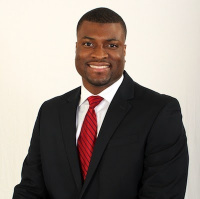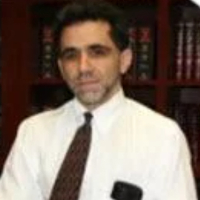Woodhaven Criminal Lawyer, New York
Sponsored Law Firm
-
 x
x

Click For More Info:
-
Henry Law
825 E Gate Blvd Suite 106 Garden City, NY 11530» view mapEmployment, Bankruptcy, Criminal, FMLA, Civil The Difference.
We practice in an array of practice areas, and employ modern technology in helping you achieve your legal objectives.
800-974-2431
Ronald Steven Nir
✓ VERIFIEDRonald Nir has represented individuals and corporations in Criminal Cases for more than 30 years. He has tried to completion well over 250 felony a... (more)
Adrienne D. Edward
✓ VERIFIEDFor 25 years, Attorney Adrienne D. Edward has been offering top-notch legal representation to individuals and families throughout New York and New Jer... (more)
Stuart Birbach
✓ VERIFIEDIntroducing Stuart Birbach: Your Trusted Advocate for Criminal Matters in New York When it comes to navigating the complex and often daunting world... (more)
Keith A. Gilman
✓ VERIFIEDKeith Gilman grew up in Queens County, New York. He attended Hunter College High School in Manhattan, where he lettered in baseball and bowling. Mr. G... (more)
FREE CONSULTATION
CONTACTVictor Knapp
FREE CONSULTATION
CONTACT Chauncey Henry Garden City, NY
Chauncey Henry Garden City, NY Practice AreasExpertise
Practice AreasExpertise




